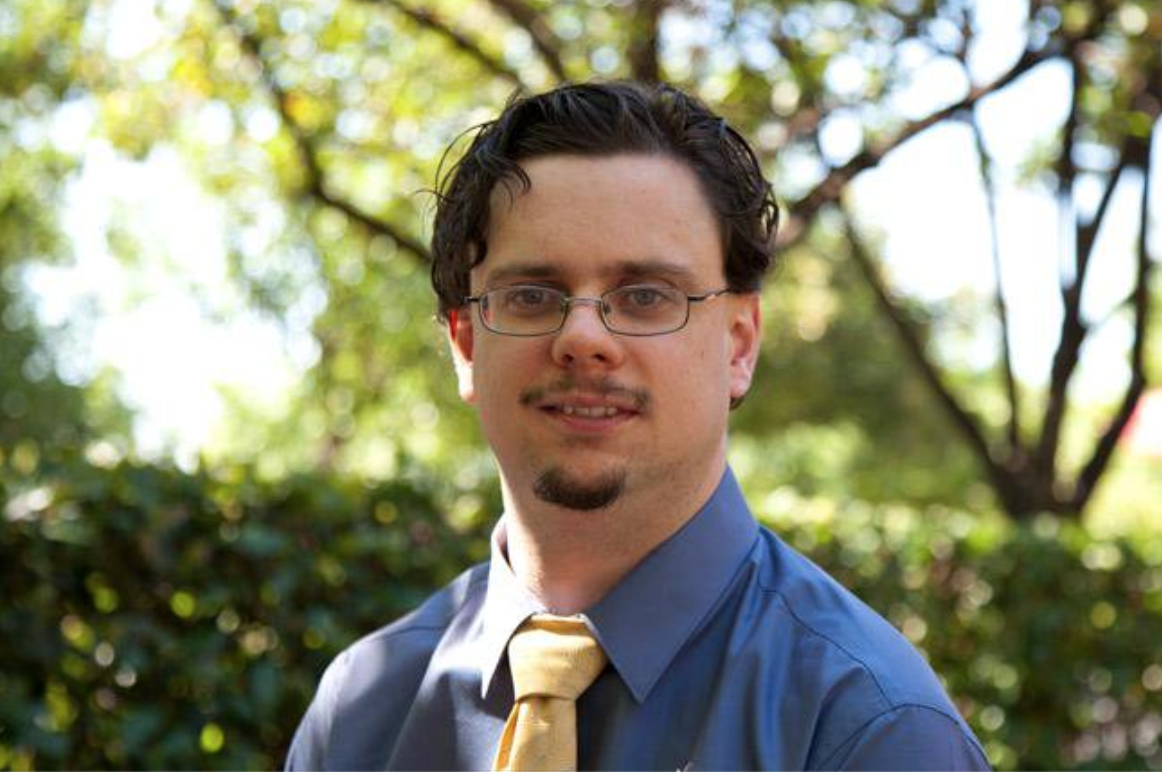ImpactAlpha’s What’s Next series, produced in partnership with the Global Impact Investing Network, provides a platform for practitioners and experts to reflect on the future of impact investing. The GIIN’s Amit Bouri kicked off the series with a call for the development of a trusted identity for impact investing. What’s next for impact investing? Send your responses to [email protected].
Blaise Pascal, the 17th-century French mathematician-turned theological agitator, explored what it means to be unified in achieving a set of goals.
It is insufficient, he argued in The Provincial Letters, to agree about language, if we mean different things by that language. We must actually be striving for the same outcome, not just using the same words.
Pascal’s world was one where an emerging movement – working, as Pascal saw it, against church corruption – was being stifled by an establishment that co-opted, weakened and then re-defined the movement’s language in its own terms. It was almost impossible to distinguish between those who shared the movement’s goals, those who found membership expedient, and those actively working against the movement.
It bears thinking about for impact investors. Our field has grown immensely, shifting from niche to mainstream – or perhaps, if we’re honest, from fringe to niche. More and more participants are engaging. This is not only good, it is necessary, given the scale of the social and environmental challenges we face.
But as we mature, we face an existential threat: That our language (and more importantly our goals) will be co-opted by those who don’t share our desire to invest in ways that are transformative. As we seek broader market reach, as the GIIN’s Amit Bouri wrote in the series opener, “The misuse and dilution of the term ‘impact investing’ may render it nearly meaningless.” Indeed.
We need a firm identity. One that enables us to engage a broader market with clarity about what motives, actions and outcomes we expect of those who are part of this movement.
Compromise and accountability
But this is not simple. We may need to embrace those whose motives are not as pure as we would like; to mature, learning to compromise around the edges (with those who may not yet be as far along the path, or whose impact, while genuine, might not be so world-changing) while maintaining integrity to our core purposes.
We may need to call out behaviour and products that do not live up to the name impact investing or work towards our shared goals. With “There aren’t strong mechanisms for enforcing good practices,” Bouri states the situation rather mildly. Right now, there are no mechanisms! A good first step might be to articulate what such supervision might entail.
We also need to cultivate trust through integrity, transparency and honest self-reflection. Those with a social mission are held to a very high standard, particularly when it comes to admitting our failures and mistakes. This means sharing the bad case studies as well as the good – impact investments that lost money, or whose impact was lacking (or even negative).
I think, as those deeply engaged impact investors, we need to wrestle with and articulate these shared principles. Then, as we grow, we can be clear about, hold each other accountable for, and clearly communicate what it is we’re really trying to achieve – a world with more human flourishing and responsible stewardship of the planet.
Tim Macready is the chief investment officer at the Australian superannuation fund Christian Super.











